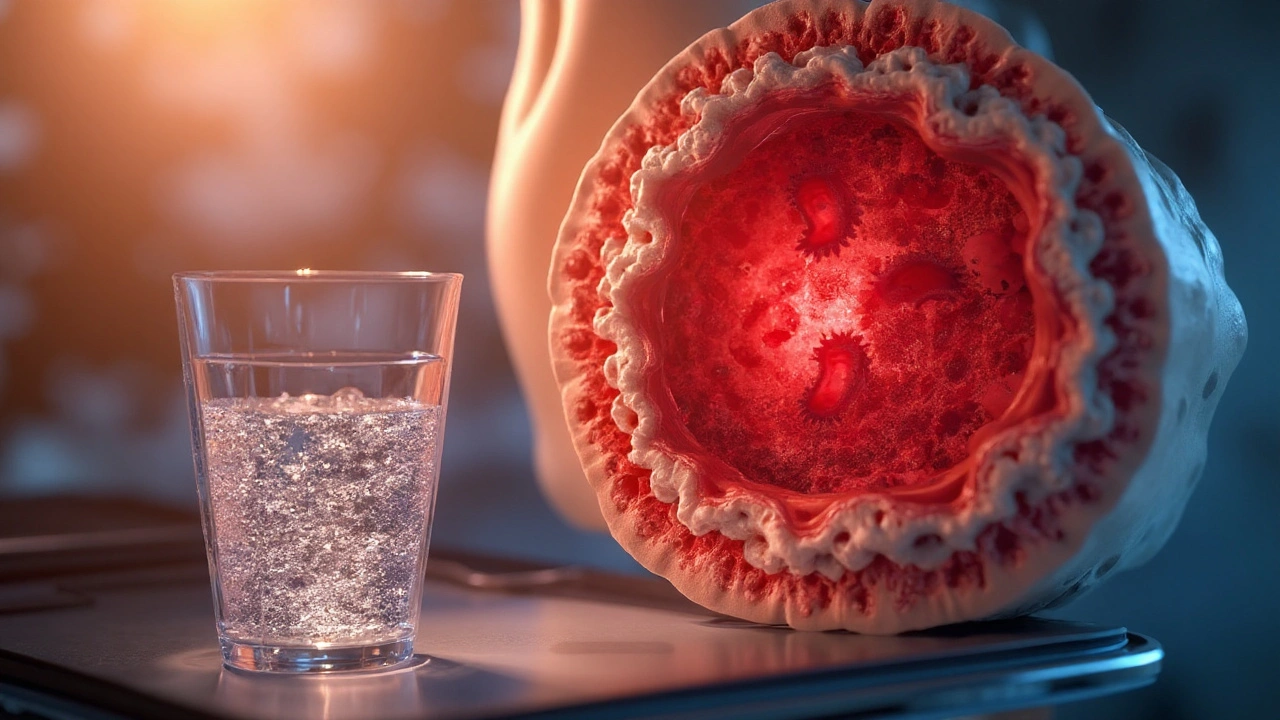Anemia: Quick Guide to Causes, Symptoms, and How to Treat It
Ever feel unusually tired, short of breath, or just a bit shaky after climbing stairs? Chances are you might be dealing with anemia, a condition where your blood doesn’t carry enough oxygen because hemoglobin is low. It’s not a rare mystery – millions of people face it every year, and most cases are linked to simple, fixable reasons.
First off, anemia isn’t one thing. It’s a catch‑all term for low red blood cells or low hemoglobin. The most common type is iron‑deficiency anemia, but there are also vitamin‑B12, folate, and chronic‑disease forms. Knowing which one you have changes how you handle it, so a proper blood test is the first step.
What Triggers Low Hemoglobin?
Iron is the MVP of red‑cell production. Not getting enough iron from food, losing iron through heavy periods, or having an intestinal issue that stops absorption can all drop your levels. Women of childbearing age, vegans, and people with stomach disorders are especially at risk.
Vitamin B12 and folate act like sidekicks, helping your bone marrow make healthy cells. A diet lacking these nutrients, or conditions like pernicious anemia that block absorption, lead to a different flavor of anemia that needs specific vitamins rather than iron.
Chronic illnesses – kidney disease, rheumatoid arthritis, even cancer – can also sabotage red‑cell production. In these cases, treating the underlying disease is as important as supplementing nutrients.
Managing Anemia: Everyday Tips
The good news? Most anemia improves with straightforward changes. Start by adding iron‑rich foods: lean red meat, beans, lentils, spinach, and fortified cereals. Pair them with vitamin C sources like oranges or bell peppers – the acid boosts iron absorption.
If you’re vegetarian or vegan, focus on plant‑based iron and consider a supplement after talking to a doctor. Remember, calcium can block iron absorption, so don’t take a calcium pill right before your iron dose.
For B12‑related anemia, fortified plant milks or a modest B12 supplement can do the trick. Folate‑rich foods like leafy greens, avocado, and nuts help too, and a daily prenatal‑type folic acid pill is cheap and safe for most adults.
Beyond diet, check your lifestyle. Heavy alcohol use can irritate the gut lining and hinder nutrient uptake. Regular moderate exercise improves circulation and encourages your body to produce more red cells.
If symptoms are severe – dizzy spells, rapid heartbeat, or chest pain – seek medical help right away. Doctors may prescribe iron tablets, B12 injections, or other meds based on the exact type of anemia you have.
Bottom line: anemia is usually a sign that your body is missing something essential. A quick blood test, a few dietary tweaks, and maybe a short‑term supplement can get your energy back on track. Stay aware of the signs, get checked, and give your body the nutrients it needs to keep you moving.


